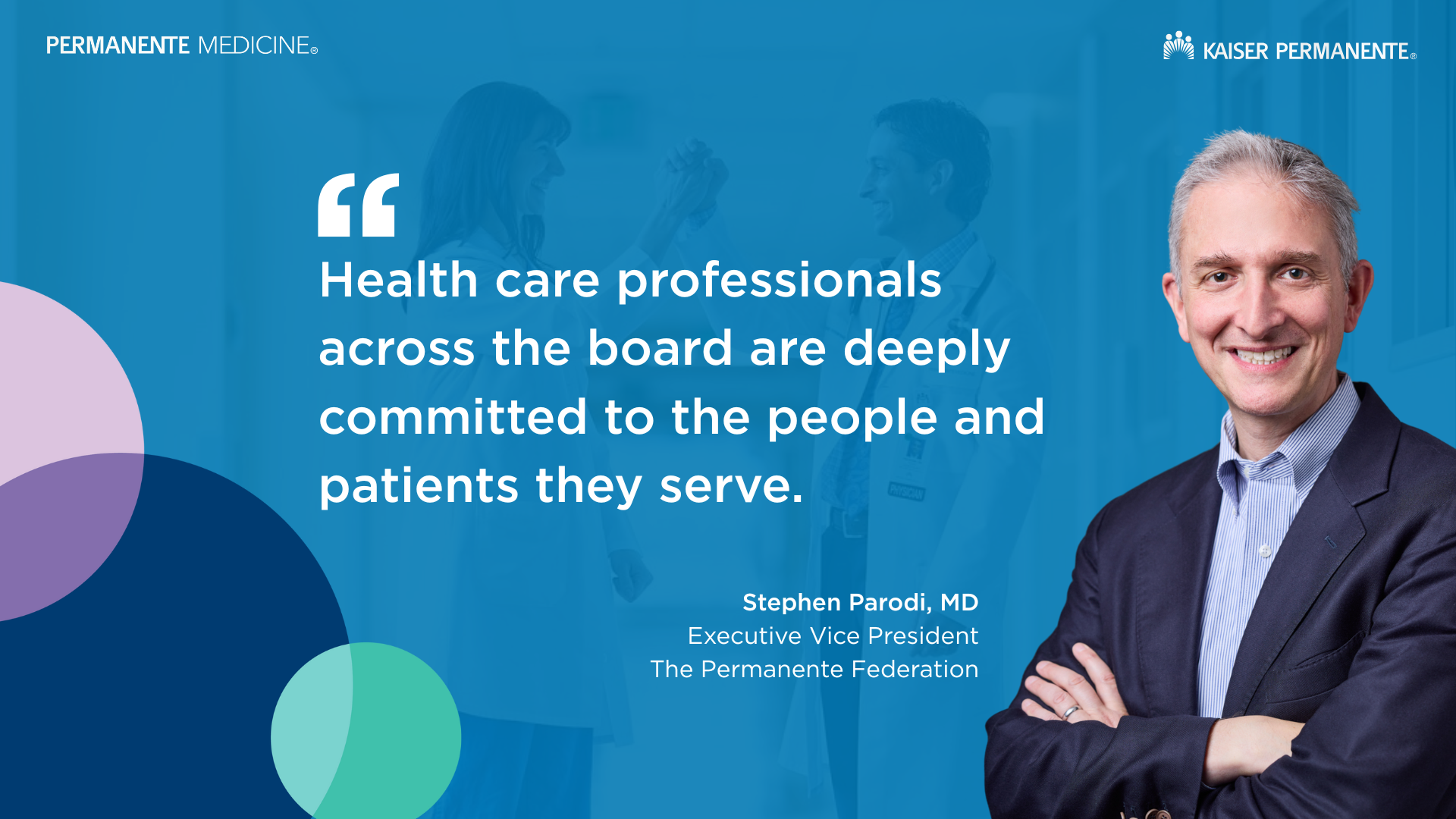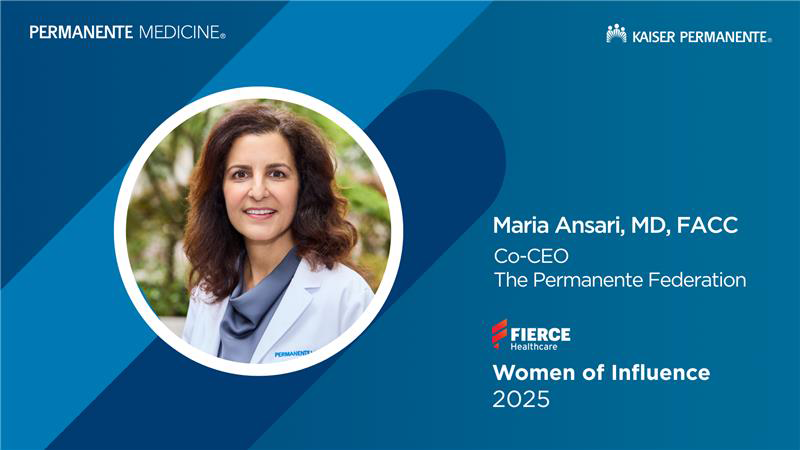Explore valuable lessons learned from Permanente physicians in 2025's rapidly changing health care landscape.

3 ways federal policy helps primary care physicians lead
By Leong Koh, MD
The evidence is clear: regular primary care improves health and reduces costs. It’s the foundation upon which health and wellness are built and the home base of Kaiser Permanente’s industry-leading, physician-led, and integrated care model.
Kaiser Permanente is committed to advocating for policies that change the way people in America access, utilize, and pay for primary care. As we strategize for an incredibly busy 2024, we’re looking back on three of the most pivotal moments that shaped the primary care policy landscape in 2023.
CMS approves a 10-year primary care model test
In July 2024, the Centers for Medicare & Medicaid Services (CMS) will launch the Making Care Primary Model in eight states. The 10-year test, grounded in value-based care, will help clinicians deliver advanced primary care focused on enhancing care management and coordination, fostering partnerships between clinicians and specialists, and addressing patients’ health-related social needs.
Related Link: “7 steps to healthcare innovation in geriatrics”
Senators support integrating behavioral health into primary care
The U.S. Senate Finance Committee unveiled the Better Mental Health Care, Lower-Cost Drugs, and Extenders Act, a bipartisan effort addressing mental health access and workforce shortages, coverage gaps, and telehealth flexibilities. If passed, the bill would incentivize primary care to adopt and implement integrated care models, increasing access to behavioral health services and affordable primary care.
Bipartisan support for enhancing the primary care workforce
The Bipartisan Primary Care and Health Workforce Act was announced in early September to address longstanding issues in primary care by investing more than $26 billion in workforce expansion and disease prevention. Among other key provisions, the legislation allocates $1.5 billion for more than 700 new primary care residency slots.
Related Link: “Leong Koh, MD, speaks on the importance of recruiting and retaining primary care physicians”
The bottom line
We’ve come a long way, but there’s still work to do to fully realize the potential of primary care. The good news is that over the course of 2023, more policymakers publicly acknowledged the need to invest in primary care and discussed how best to address longstanding issues in the field in a more concrete way than we’ve seen in quite some time.
It is now our responsibility to capitalize on this momentum, ensuring policymakers understand how proposed changes will affect physicians and patients and just how urgently solutions are needed.
Related Link: “Driving health care innovation in 10 steps”
Leong Koh, MD, is president and CEO of Northwest Permanente.


